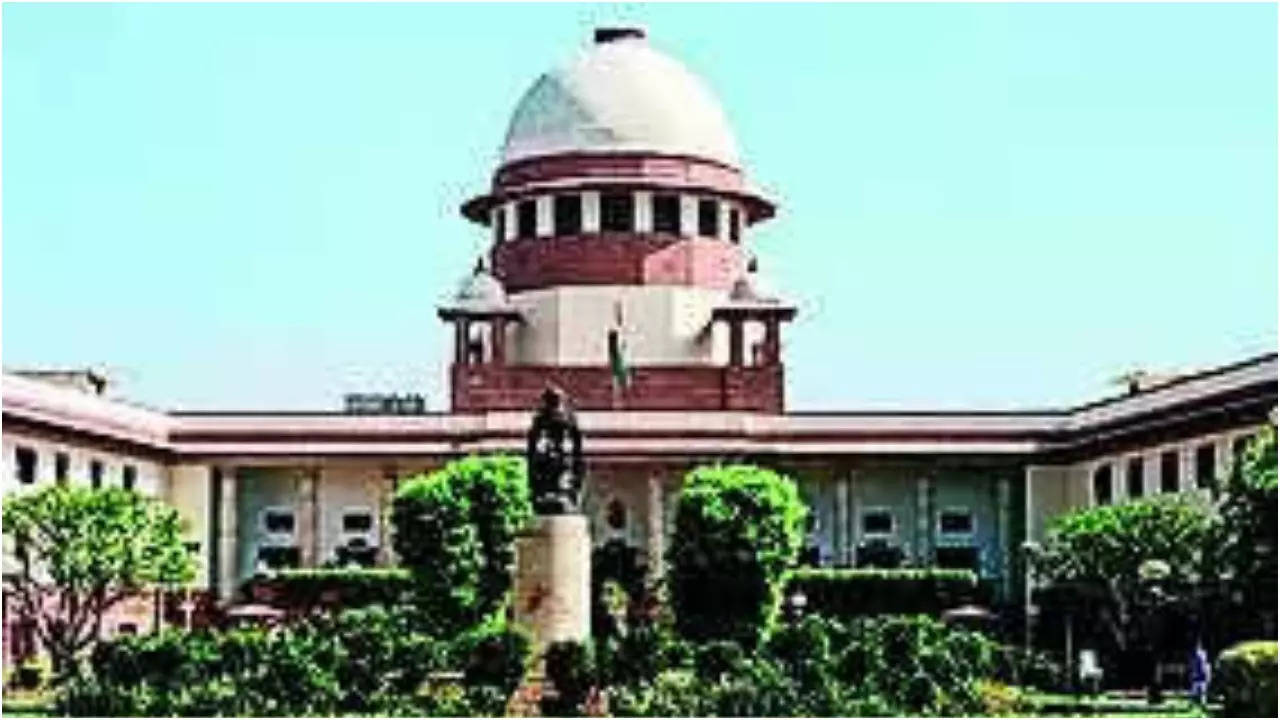[ad_1]
A bench of Justices Aniruddha Bose and Bela M Trivedi said parity is not the law and a court is required to focus upon the role attached to a particular accused in an offence and other considerations while deciding on his bail plea.
The bench also underscored that the offence of money laundering, being a threat to national economy, be viewed in a different manner while granting bail to the accused.
In this case, the accused, Tarun Kumar, took the ground that other co-accused had been granted bail and pleaded that he too be released. Rejecting the plea, the court said different accused played different roles in the alleged offence and one of the accused was granted bail on medical grounds.
“It may be noted that parity is not the law. While applying the principle of parity, the court is required to focus upon the role attached to the accused whose application is under consideration,” the bench said.
“It is axiomatic that the principle of parity is based on the guarantee of positive equality before law enshrined in Article 14 of the Constitution. However, if any illegality or irregularity has been committed in favour of any individual or a group of individuals, or a wrong order has been passed by a judicial forum, others cannot invoke the jurisdiction of the higher or superior court for repeating or multiplying the same irregularity or illegality or for passing similar wrong order. Article 14 is not meant to perpetuate the illegality or irregularity. If there has been a benefit or advantage conferred on one or a set of people by any authority or by the court, without legal basis or justification, other persons could not claim as a matter of right the benefit on the basis of such wrong decision,” it said.
Highlighting the seriousness of offence of money laundering, the bench said it may be noted that economic offences constitute a class apart and need to be visited with a different approach in the matter of bail.
“The economic offences having deep-rooted conspiracies and involving huge loss of public funds need to be viewed seriously and considered as grave offences affecting the economy of the country as a whole and thereby posing serious threat to the financial health of the country. Undoubtedly, economic offences have serious repercussions on the development of the country as a whole,” it said.
Highlighting the seriousness of offence of money laundering, the bench said it may be noted that economic offences constitute a class apart and need to be visited with a different approach in the matter of bail.
[ad_2]
Source link











More Stories
Congress replaces Kamal Nath, names an OBC as Madhya Pradesh chief | India News
Fire breaks out in ITBP camp in Srinagar; none hurt | India News
Parliament Security: Co-villagers give clean chit to Lalit Jha, parents to move court | India News